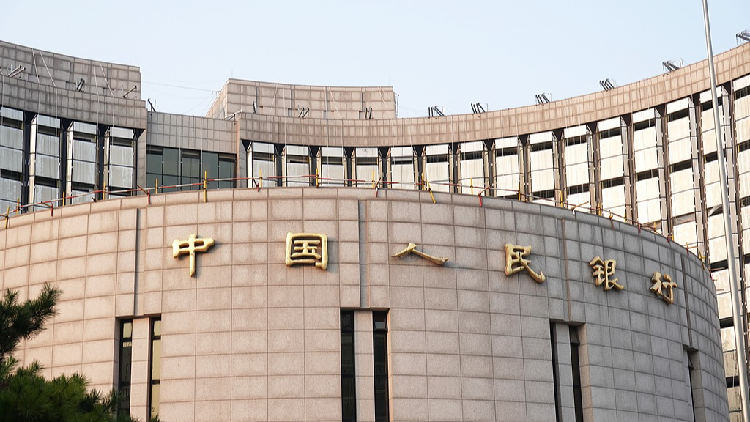China intensifies its macroeconomic strategies to reach growth objective
In a notable decision, the Political Bureau of the Communist Party of China (CPC) Central Committee held a meeting on Thursday, calling for enhanced actions to achieve essential economic and social development objectives.

These measures include significant interest rate reductions and efforts to stabilize the property market as part of the nation’s economic recovery strategy.
Earlier in the week, the government's financial authorities introduced an unexpectedly extensive policy package aimed at stimulating the economy's rebound. This package includes lowering the reserve requirement ratio for banks and mortgage rates for existing homes, as well as launching new monetary programs designed to strengthen the capital market, among other initiatives.
Furthermore, on Wednesday, China issued guidelines to promote high-quality employment, focusing on reasonable wage increases and expanding social insurance coverage.
On Thursday, the country also released a guideline to encourage medium- and long-term capital to enter the market, with the aim of creating a more balanced capital market investor portfolio while promoting long-term investment behavior and invigorating the capital market.
Typically, the Political Bureau of the CPC Central Committee holds an economic meeting at the end of April, July, October, and December. This meeting was the first of its kind to take place in September. Analysts observed that the earlier scheduling reflects the central government’s determination to tackle the current economic climate and emphasizes the urgency of upholding stable growth policies.
Liu Baocheng, dean of the Center for International Business Ethics at the University of International Business and Economics, remarked to CN on Thursday that the meeting signifies that China's leadership fully recognizes the challenges confronting the economy, including a strained global trade environment and the pursuit of high-quality development.
Liu pointed out that these timely economic discussions are critical for informing growth strategies in the final quarter of the year, especially as the government aims for a growth target of approximately 5 percent.
On Tuesday, China’s central bank declared its intention to reduce the reserve requirement ratio by 0.5 percentage points, which will inject around 1 trillion yuan into the financial market as long-term liquidity. Additionally, it indicated the possibility of further lowering the reserve requirement ratio by 0.25 to 0.5 percentage points later this year, contingent on market liquidity conditions.
The central bank also announced that, starting September 27, it will cut the interest rate for seven-day reverse repurchase operations by 0.2 percentage points, reducing it from 1.7 percent to 1.5 percent, showcasing a robust commitment to enhancing monetary policy.
UBS economist Wang Tao remarked that these recent policy measures, coupled with more effective fiscal policy assistance, are poised to support a sustainable rebound in economic growth for the remainder of the year.
“A pick-up in government spending will probably be sufficient to drive a turnaround in business confidence, market sentiment and economic activities, helping China to catch up with potential trend growth,” noted Bruce Pang, chief China economist at Jones Lang LaSalle.
Thursday's meeting highlighted that the fundamental aspects of the Chinese economy remain intact and called for confidence in overcoming economic challenges while increasing efforts to foster growth momentum.
Liu emphasized that many positive factors still exist within China’s economy, such as its vast market, robust economic resilience, and significant potential. He asserted that the key to driving economic development lies in cultivating confidence.
He urged government officials at various levels to maintain the confidence needed to assist more companies and communities, particularly small- and medium-sized enterprises, encouraging them to engage in entrepreneurship rather than “lying flat.”
To create a conducive business environment, Liu pointed out the importance of ensuring property protections, ensuring equal operational conditions with state-owned enterprises, and increasing accessibility to previously restricted sectors.
He further asserted that initiatives aimed at enhancing employment, providing training, and reducing mortgage costs are crucial for boosting consumer confidence.
Ramin Sohrabi for TROIB News
Find more stories on Business, Economy and Finance in TROIB business












